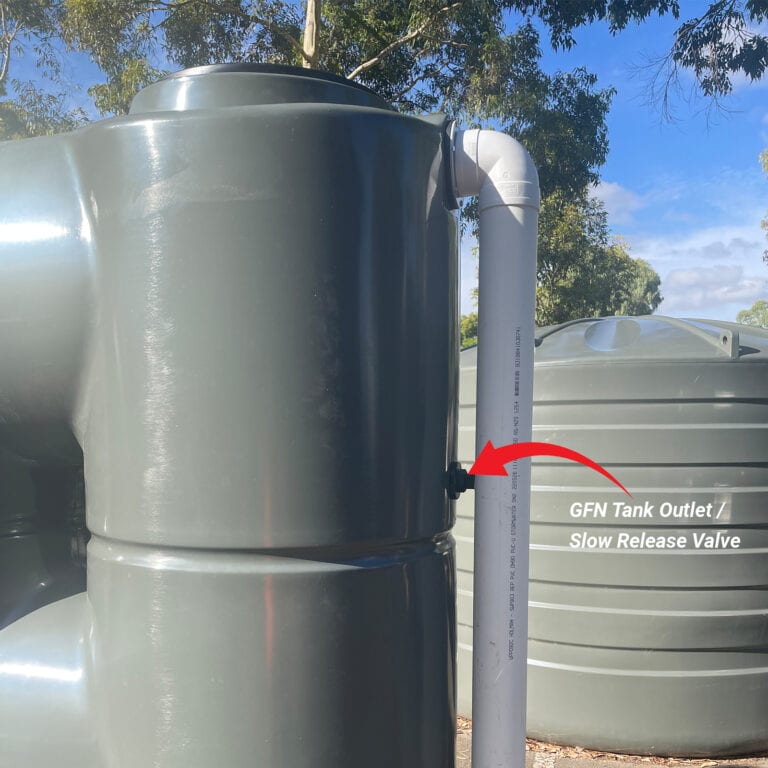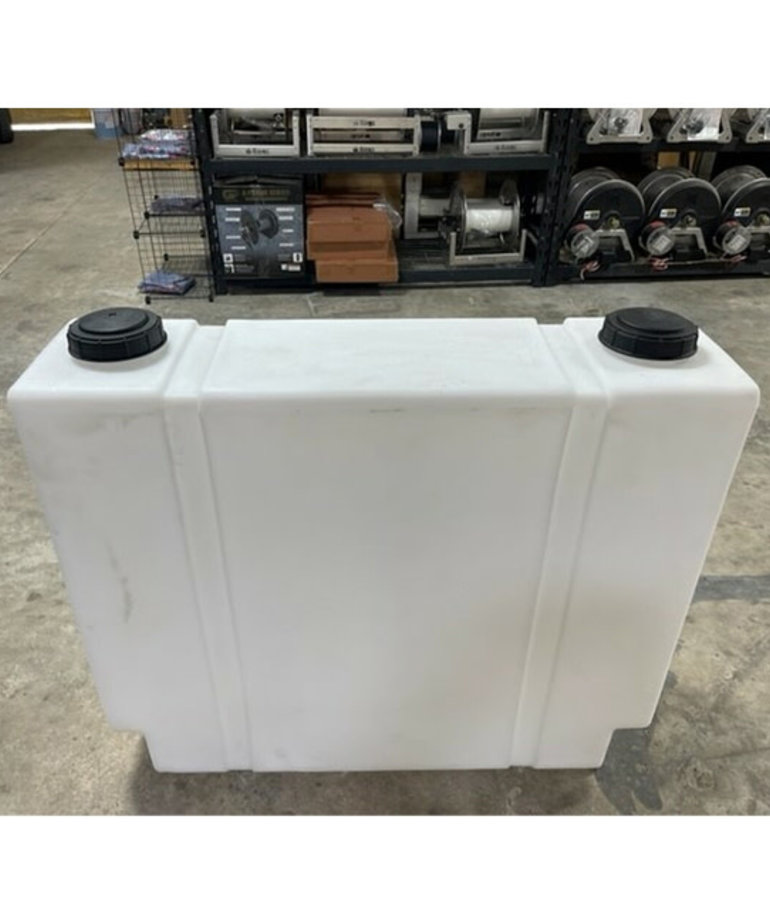Best Slimline Water Tanks: Sturdy and Compact Water Storage Options
Best Slimline Water Tanks: Sturdy and Compact Water Storage Options
Blog Article
Checking Out the Numerous Uses Rainwater Tanks for Residential and Commercial Properties
As the worldwide concentrate on sustainable living techniques remains to heighten, the utilization of rainwater storage tanks in both residential and business settings has actually arised as a pertinent option. These tanks offer a reservoir for rainwater harvesting, providing a myriad of possible applications that extend far past plain storage space. From watering to toilet flushing and landscaping, the flexibility of rainwater tanks is substantial. Additionally, their combination into commercial buildings opens up a realm of opportunities for environmentally conscious services. The multifaceted usages of rainwater tanks provide an engaging case for their adoption, not only as a functional water-saving step yet also as a testament to responsible source monitoring.
Advantages of Utilizing Rainwater Storage Tanks
Making use of rain storage tanks offers many advantages for both households and areas in regards to water preservation and sustainability. One of the vital benefits of using rainwater containers is the considerable reduction in reliance on keys supply of water - Slimline water tanks. By catching and keeping rainwater for later usage, people and areas can lower their need for treated water, ultimately alleviating the worry on water therapy facilities and lowering power consumption linked with water transportation and therapy
Additionally, rainwater harvesting via tanks offers a dependable alternate water source during times of water limitations or scarcities. This saved rain can be utilized for different non-potable functions such as irrigation, flushing bathrooms, and cleaning clothing, minimizing the strain on traditional water resources. Furthermore, using rain containers can bring about cost financial savings for both houses and neighborhoods by lowering water expenses and reducing the requirement for pricey framework expansions to meet expanding water needs.
Essentially, the usage of rainwater storage tanks uses a sustainable and eco-friendly technique to water management, benefiting both individual users and the broader community in terms of water preservation, cost-efficiency, and strength.
Rainwater Container Usage in Irrigation
Given the benefits of rain tanks in saving water resources and lowering reliance on keys water system, a significant application depends on utilizing kept rain for watering purposes - Slimline water tanks. Rain harvesting systems can properly gather and store rainwater, giving a lasting water source for watering gardens, grass, and farming fields. By using rain for irrigation, homeowner can lower their reliance on treated water sources, bring about set you back savings and ecological advantages

Among the primary advantages of using rainwater for irrigation is its pureness. Rain is normally soft and cost-free from the chemicals and additives usually found in mains water, making it ideal for nourishing plants without the risk of unsafe impacts. In addition, rainwater is at ambient temperature, which can benefit plant development by staying clear of temperature level shocks that can happen with cool keys water.
Rain Containers for Toilet Flushing

Executing rainwater containers for bathroom flushing is a cost-effective and eco pleasant method that can be easily incorporated right into both household and commercial properties. The stored rainwater can be used to flush commodes by connecting the container to the existing plumbing system. This straightforward yet reliable service can substantially decrease water intake in a structure, especially in locations where water shortage is a worry.

Incorporating Rain Storage Tanks in Landscape Design
These tanks can record and save rain overflow from roofing systems, which can then be used for watering yards, yards, and plants. By using rain for irrigation functions, property owners can minimize their dependence on local water resources, leading to set you find out this here back savings and conservation of priceless water resources.
In addition to giving a lasting water source for landscaping needs, rainwater containers can also help in managing stormwater drainage. By catching rainwater that would otherwise stream right into tornado drains, these containers can alleviate disintegration, decrease flooding dangers, and prevent air pollution of natural water bodies. Incorporating rain storage tanks in landscape design can contribute to the overall visual allure of the residential property, showcasing a commitment to ecological stewardship.
Industrial Applications of Rain Containers
Utilizing rain tanks in commercial setups provides a sustainable remedy for water administration and preservation, profiting services and the setting alike. Commercial applications of rain containers vary and increasingly preferred because of the price savings and environmental benefits they supply. One vital business use is for irrigation purposes, where collected rain can be used to water landscape design, gardens, and farming fields bordering industrial homes. This can bring about considerable reductions in water bills and dependence on community water resources.
In addition, rain collected in containers can be treated and used for non-potable functions within commercial residential or commercial properties, such as flushing commodes, cleaning, and cooling down systems. Generally, the incorporation of rain tanks in commercial settings presents a sensible and eco liable approach to water administration.
Verdict
Finally, rainwater storage tanks supply numerous benefits for both domestic visit homepage and business residential or commercial properties. From irrigation to toilet flushing and landscape design, using rain storage tanks can aid conserve water sources and decrease water bills. Furthermore, incorporating rain tanks in commercial settings can result in significant price savings and environmental advantages. Generally, the adaptability and sustainability of rainwater containers make them a beneficial investment for any type of building owner wanting to enhance water effectiveness.
Report this page